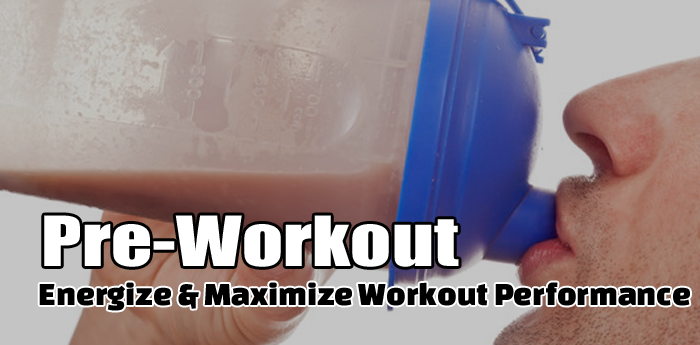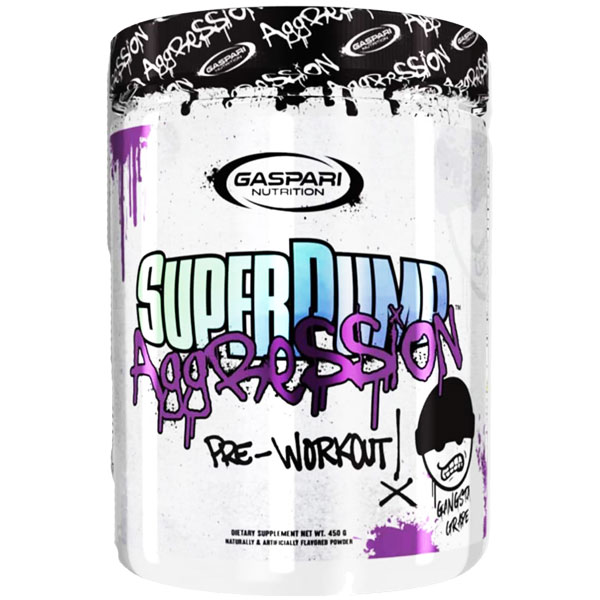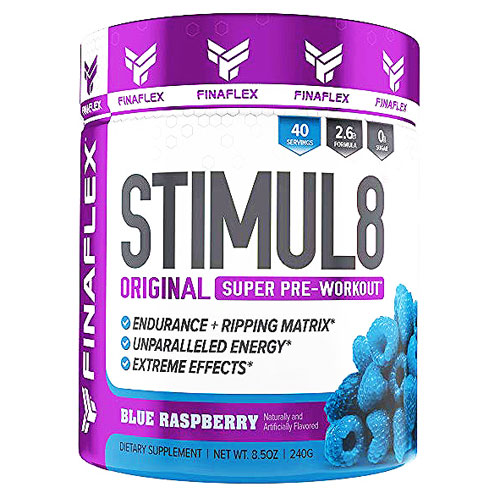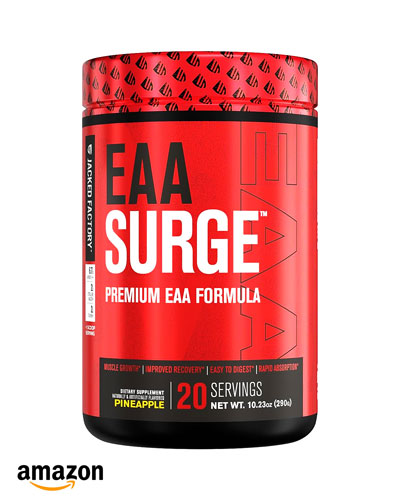

By: MuscleSports.net
That non-essential essential alpha amino acid that seems to be in every preworkout that worth a damn!
Bulldog
Citrulline, specifically L-citrulline, is a non-essential amino acid that has gained attention for its potential to enhance athletic performance. It is a precursor to L-arginine, which is converted into nitric oxide (NO) in the body. Nitric oxide is a vasodilator, meaning it helps widen blood vessels, improving blood flow and oxygen delivery to muscles during exercise. Here’s how citrulline may impact athletic performance:
- 1. Improved Blood Flow and Oxygen Delivery
- Citrulline increases nitric oxide production, which enhances vasodilation and improves blood flow to working muscles. This can lead to better oxygen and nutrient delivery, potentially improving endurance and reducing fatigue.
- 2. Enhanced Exercise Performance
- Studies suggest that citrulline supplementation may improve performance in both aerobic and anaerobic activities. For example:
- Aerobic Exercise: Citrulline may increase time to exhaustion and reduce perceived exertion during endurance activities like running or cycling.
- Anaerobic Exercise: It may enhance performance in high-intensity, short-duration activities like weightlifting or sprinting by reducing fatigue and improving recovery.
- 3. Reduced Muscle Soreness and Fatigue
- Citrulline may help reduce ammonia buildup in the blood, which is associated with fatigue during prolonged exercise. It also aids in the removal of lactate, potentially reducing muscle soreness and improving recovery.
- 4. Increased ATP Production
- Citrulline plays a role in the urea cycle, which helps remove ammonia and supports energy production. This may enhance ATP (adenosine triphosphate) production, providing more energy for muscle contractions.
- 5. Dosage and Timing
- Typical dosages used in studies range from 6 to 8 grams of L-citrulline or 2 to 3 grams of citrulline malate (a combination of citrulline and malic acid) taken 60–90 minutes before exercise.
- Citrulline malate is often preferred because malic acid may further support energy production.
- 6. Safety and Side Effects
- Citrulline is generally considered safe with minimal side effects. Some individuals may experience mild gastrointestinal discomfort at higher doses.
- 7. Evidence and Limitations
- While some studies show promising results, the evidence is not entirely consistent. Factors like the type of exercise, dosage, and individual variability can influence outcomes. More research is needed to fully understand its effects.
Conclusion: Citrulline supplementation may benefit athletic performance by improving blood flow, reducing fatigue, and enhancing recovery. However, its effects can vary, and it should be used as part of a comprehensive approach to training, nutrition, and recovery. Always consult a healthcare professional before starting any new supplement regimen.
tags: supplements amino acids
Train Smart & Train Hard!
DL
Thank You...

Send Us Your Comments:
L-Citrulline - Comments
Related Articles
Comments:

 Nutrition Books
Workout Accessories
Videos
Workout Music
Nutrition Books
Workout Accessories
Videos
Workout Music



 By: MuscleSports.net
By: MuscleSports.net



